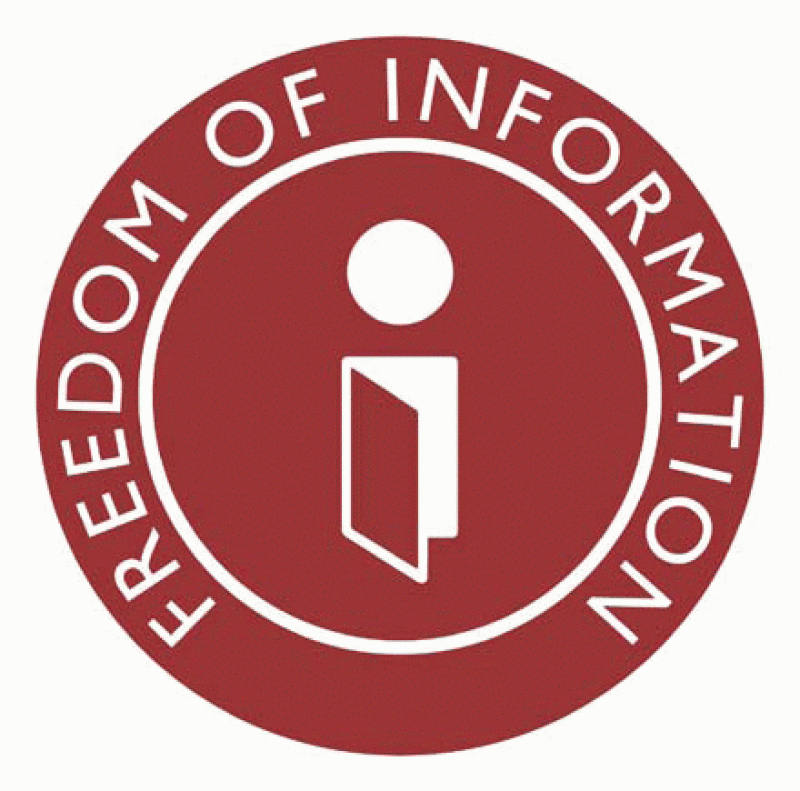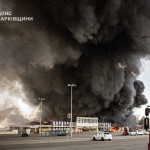Last week, Brazilian President Jair Bolsonaro issued Provisional Measure 929, which suspends deadlines for responding to freedom of information requests under Brazil’s Right to Information Law and forbids journalists or other submitters from appealing denied requests.
It was a “monocratic decision,” Maira Martini, a research and policy expert at Transparency International, told OCCRP. “This comes from a government that has already tried to limit access to information, and it shows that in difficult times like these, they will use it to push their agenda,” she said.
Ultimately, Brazil’s supreme court suspended Bolsonaro’s order until its judges vote on it at an unannounced future date, but its possible implementation still hangs over the heads of the country’s journalists.
Brazil is not the only country where authorities have tried to clamp down on the free flow of information during a time of pandemic.
Both Mexico and El Salvador have passed similar decrees involving freedom of information requests. Mexico’s National Institute of Transparency suspended deadlines for responding to requests until April 17, while in El Salvador all administrative and judicial functions deemed non-essential have been suspended under the state of emergency declared by president Nayib Bukele. There are no confirmed cases of COVID-19 in the country.
In Canada, journalists are also finding their requests for information from some federal agencies put on hold, rather than responded to within the normal 30 period. Both Italy and Romania have enacted similar measures.
Adam Foldes, a legal advisor at Transparency International, says that limiting public access to information during a crisis is a profound danger.
“If you look at history, from the 1980’s on, be it Chernobyl, or later in China, the contaminated infant milk powder story, information was withheld and it caused even greater damage and more deaths,” he told OCCRP. “Ideally these governments should provide, without request, as much information as they can.There can be very narrow restrictions of the ‘right to know’ only.”
“It’s very important to avoid corruption now, be it low quality medical supplies bought from a friend of a minister or the misallocation of funds.” Foldes said.
“Transparency can save lives.”






